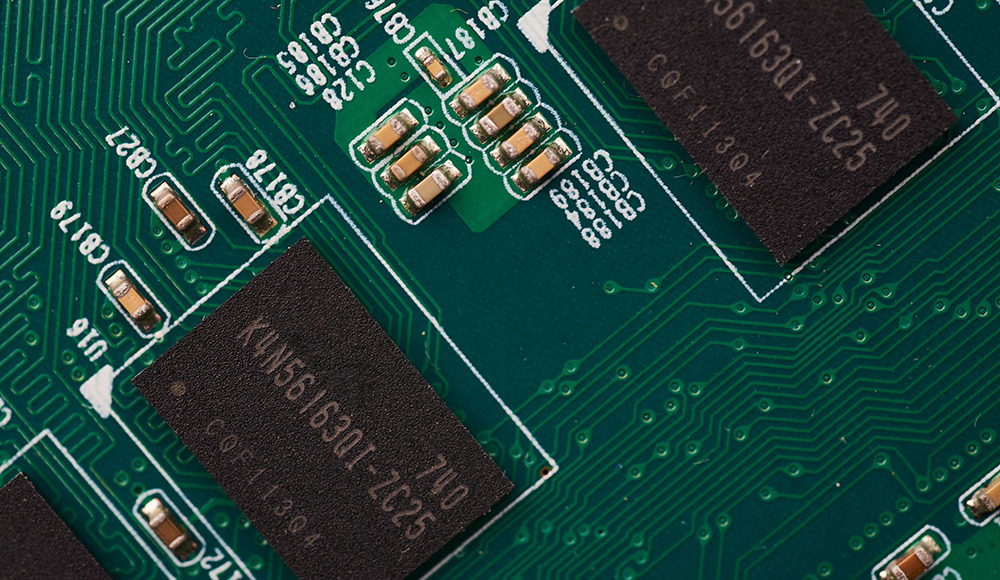COVID Has HR Teams Embracing Digital Transformation — and That’s Good News for Employee Benefits

Digitalization is happening rapidly in the wake of COVID-19, especially in the realm of HR. For example, more than 80 percent of HR professionals saying digital delivery systems are now critical to their health and benefits offerings, according to recent research we conducted here at Darwin. That research also found that 53 percent of employees believe they get the same benefits experience no matter where they are based. This jobs data suggests the digitalization process has been fairly successful to date.
Still, by providing even greater levels of flexibility, functionality, and personalization, HR teams can leverage technology to achieve even more progress.
The Flexibility Employees Want
According to a report by KPMG, 99 percent of employers are investing in technology amid the pandemic, and employee wellness is a key focus of that investment. This is a positive development. Employees appreciate the digitalization of HR in part because they are among its primary beneficiaries.
Not only does digitalization make their lives easier and improve their overall experience with HR, but it also enables employers to collect data on employee trends and use that data to offer more personalized and relevant well-being support and benefits programs going forward. Digital benefits technology also makes it possible for employees to access their benefits at any time, which is particularly important in remote work environments.
All of this can help explain why our research found that 82 percent of employees who think their organizations take their needs into account strongly agree their employer-provided benefits make them feel valued, and 68 percent see themselves staying at their organization for the long term. A survey by Prudential Financial found similar results: 73 percent of employed respondents said their benefits programs were a big reason they would stay at their job. These reports reinforce the connection a strong benefits program can create between employers and employees — a connection that is more important than ever as we navigate these uncertain times.
Check out the latest issue of Recruiter.com Magazine for more career advice and recruiting trends:
The Consistency Employees Need
Digitalization is the key to delivering a consistent experience to employees regardless of where they work. In fact, our research shows that 81 percent of employers say achieving a “globally consistent employee experience” is a high priority. That’s almost double the number of employers who said the same in 2018 (46 percent).
Other research of ours — the Innovation Generation: The Big HR Tech Disconnect 2019/2020 report — also revealed that 88 percent of organizations that use a best-of-breed digital HR ecosystem are above or on track to meet their employee engagement goals.
Personalized Benefits for All
Digitalization makes it easier for employers to offer personalized benefits options, which can be tailored to each individual employee based on the data collected from their preferences and prior benefits selections. This allows employees to select the benefits that are relevant to them and their individual circumstances, which makes it more likely that employees will actually use and appreciate the benefits offered them.
The personalization of benefits also opens a company’s benefits program up to new perks and ways of supporting employees. For example, wellness pots can be used to provide employees with flexible funds to be spent on activities that improve their well-being. Employers may also choose to offer extra funds to help employees with home-office equipment or to programs to assist working parents with homeschooling.
Employees want the level of tech personalization they are used to in their personal lives at work, and the digitalization of HR and benefits is making that a reality. Individualized benefits are far more tailored to employees’ needs than generic, one-size-fits-all benefits packages. When employers deliver that level of personalization, they show employees their needs are being taken into account. That makes employees feel much more valued — and much more loyal to their employer.
Benefits technology is creating an enhanced employee experience in the era of remote work, and getting that experience right will only be more important as more organizations switch from temporary telecommuting to permanent remote work. Employees will no longer have to go where the jobs are now that the jobs can, in effect, come to them. Thus, employers that want to retain their top workers need to create supportive, convenient, engaging environments. That starts with digital, flexible, and personalized approaches to HR and benefits offerings.
Chris Bruce is cofounder and managing director of Darwin.

